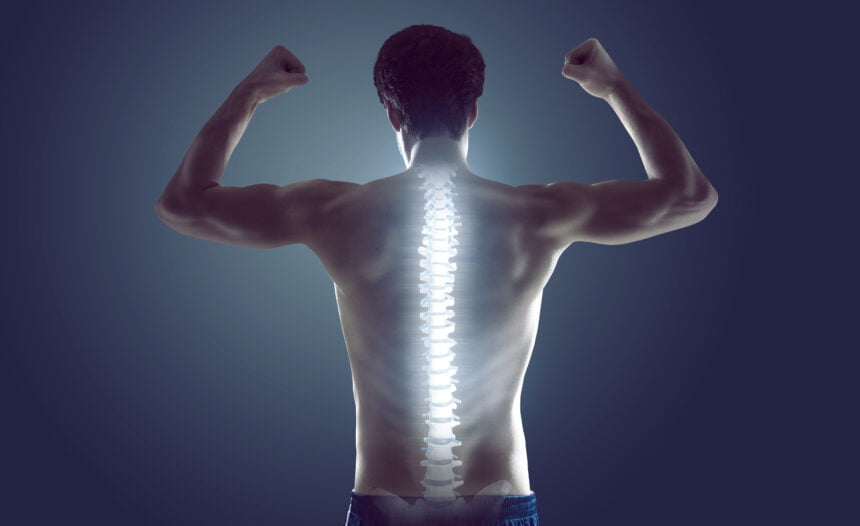Aren’t you happy that you’re able to sit or stand straight? That’s because you have a spine. Your spine is a bunch of little bones stacked up on top of each other. These are called vertebrae and they run up the middle of your back, from your rear end all the way up to your neck. The spine is essentially the support for your upper body, shoulders, and head. However, this isn’t all the spine does, it has another essential function – all those little vertebrae create a sort of tunnel for your spinal cord. That’s the bundle of nerves that connect your body to your brain.
Many spinal issues affect millions of us every day. Some of them can be quite debilitating. Let’s look at a few.
1. Disk Issues
In between each vertebra, there’s a small cushion, also known as a disk. They keep the vertebrae from scraping against each other and, when they get injured, cause people to seek out the best spine surgeons. See, as we get older, these disks begin drying out. If too much pressure is put on the back, these disks can break or tear, also called a herniated disk. You might not notice, but your legs and arms can hurt, or you can experience ‘tingles’ in them or even numbness. Typically, painkillers and exercise can help, but you may find a need for surgical assistance.
2. Cervical Spondylosis
Your neck tends to gradually break down as you age. This is one reason improving your spine health is so critical. It isn’t difficult to get a slipped disk in this area, or your vertebrae might sprout an additional bone, known as a spur, to attempt to boost their strength. There are ligaments there that connect the vertebrae to each other, and they can become tight and stiff. It doesn’t matter what the cause is, your neck can become harder to move and painful. If the vertebrae or disks begin to squeeze the nerves or their roots quite a bit, there may even be permanent damage.
3. Osteoarthritis
Each vertebra in the spine has slick tissue on each end that assists the back in flexing without friction. Osteoarthritis is when that cartilage becomes rough or gets worn down, and the vertebrae begin to rub up against each other. This can make your back stiff or painful. Females are more prone to this than males. This condition tends to worsen over time and can’t be reversed by doctors. However, you can ease the symptoms sometimes with exercise, therapy, and painkillers.
4. Spinal Stenosis
There are spaces in your spine to accommodate your spinal cord and the nerves that need to branch out from the bundle. Those spaces can shrink, leaving the bones to push against those nerves. You may not even notice it, but you might experience weak muscles, numbness, tingling, or even pain whenever the nerves get messed up. The most common cause of spinal stenosis is osteoarthritis. If it becomes too severe, a surgeon might need to go in to make a bit more room for the nerves.
If you’re incredibly lucky, a spinal issue doesn’t cause any noticeable symptoms. However, if you feel something is off, pay close attention. If your legs and arms feel weak or if you suddenly find that you can’t control your bodily functions, call the doctor immediately. If you’ve suffered from cancer or have pains that don’t come from working hard, or that don’t go away, hurt worse at night, or get worse, call the doctor as soon as you can. Your spine health is nothing to take lightly.









